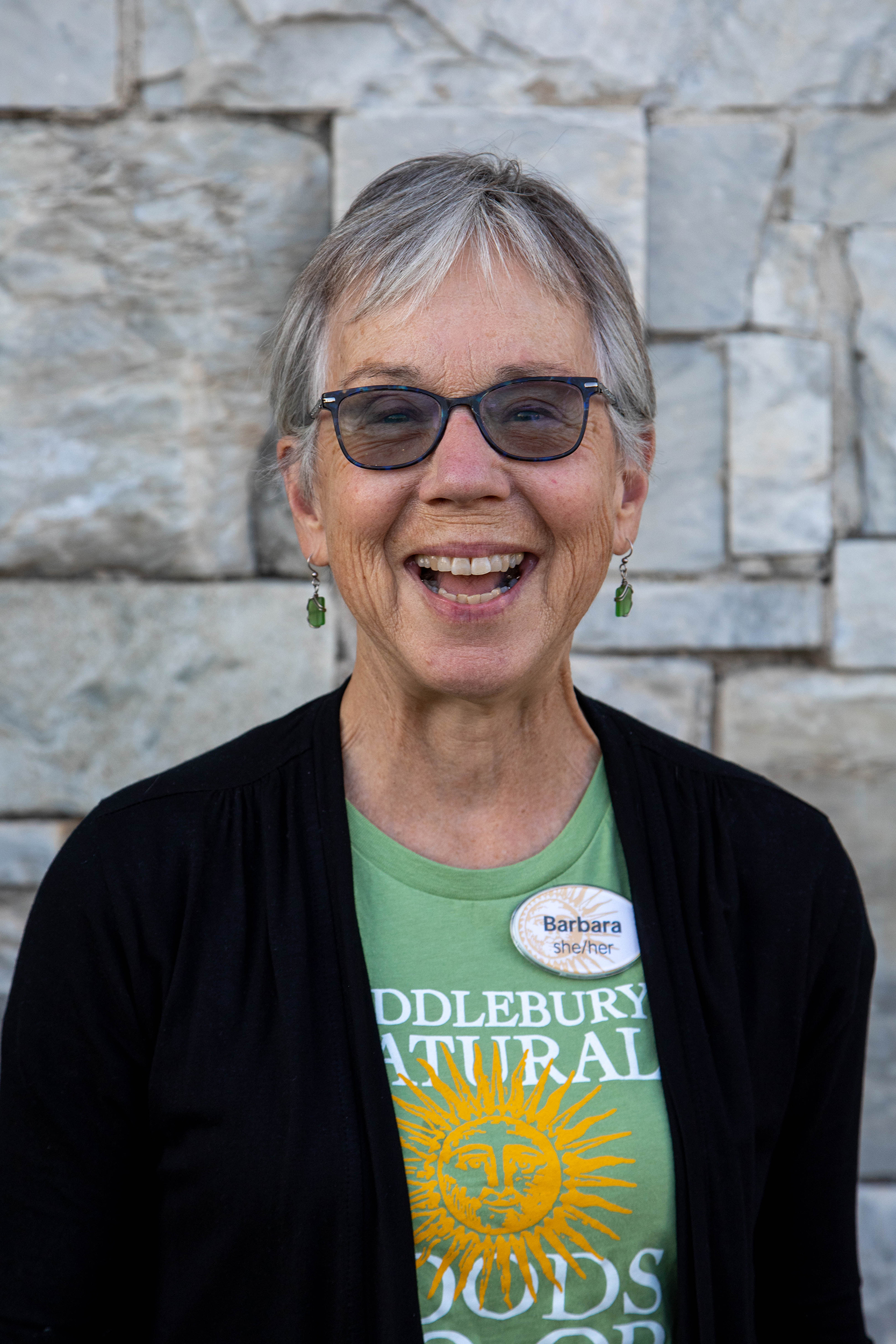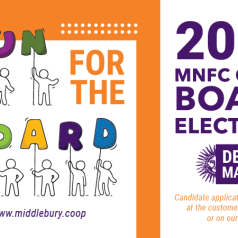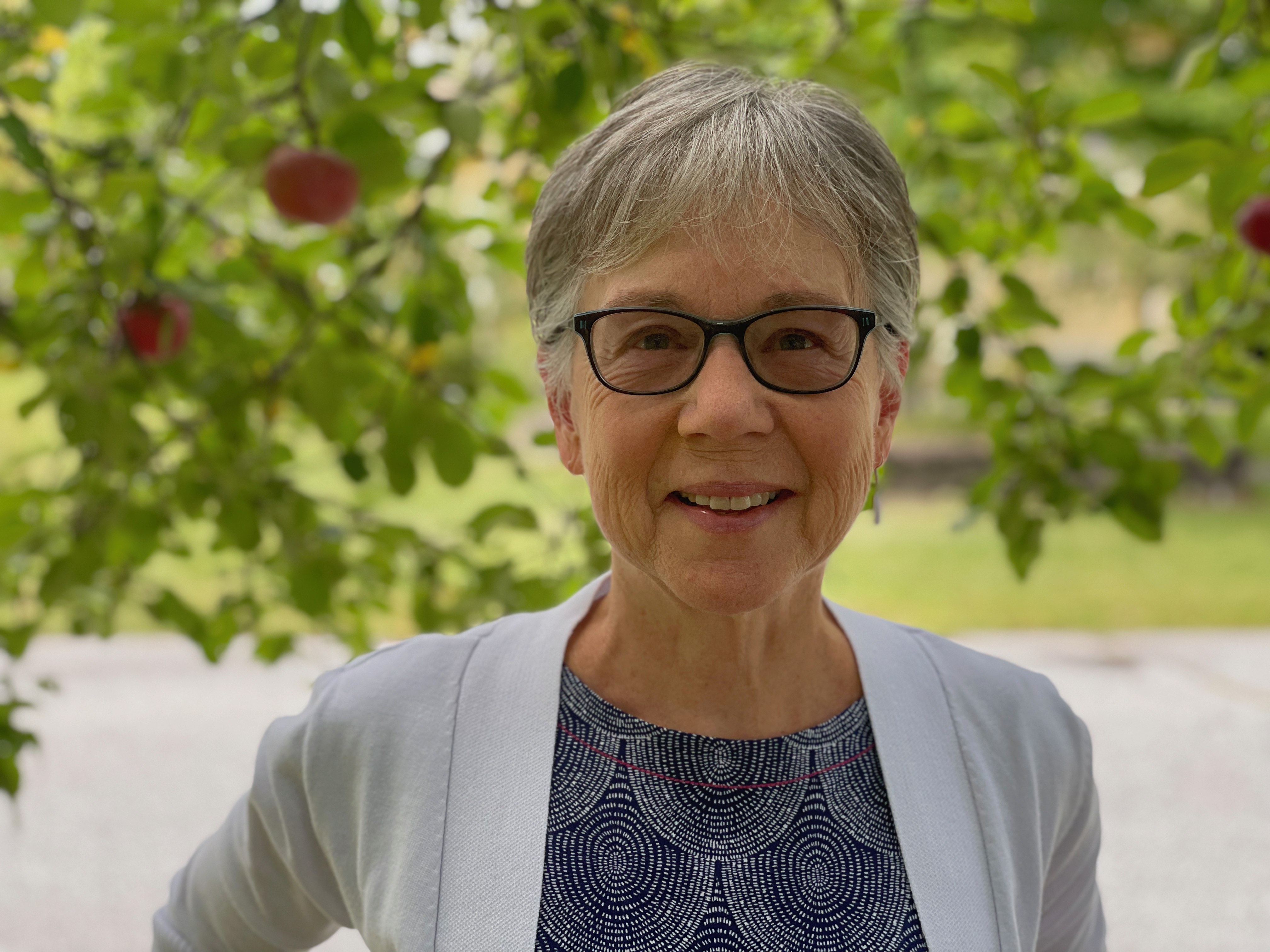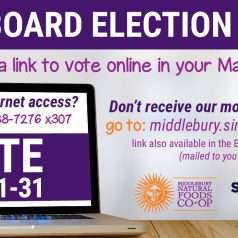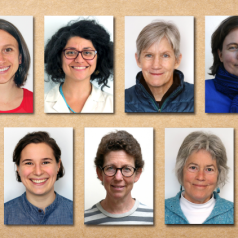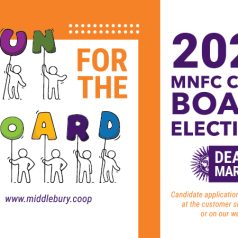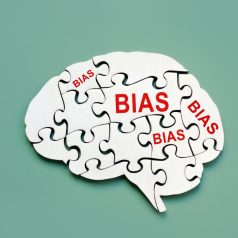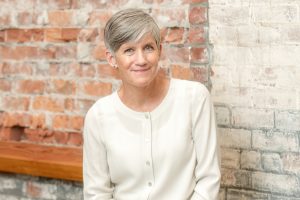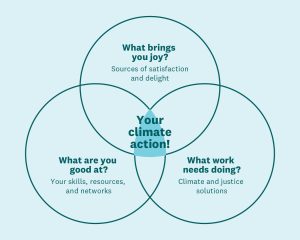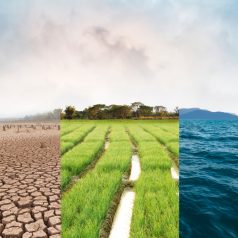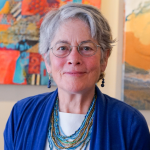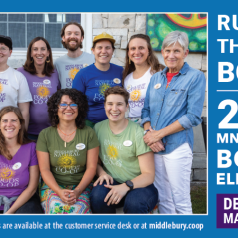
Interested in Getting More Involved in Your Co-op’s Governance? Run for the Board!
Consider running for the Co-op Board
If you would like to be more involved in the governance of our cooperative, I encourage you to run for a position on the board of directors. As chair of the Board Development Committee, my aim is to share with member-owners how the board works, what we do, and what to do if you’re interested in running for one of the open board seats this spring.
The board is composed of 11 members who are elected to serve three-year terms. The board is currently composed of member-owners who have been co-op members for different lengths of time. We span a wide range of ages and have varying backgrounds, including farmer, gardener, teacher, professor, cheesemaker, baker and business owner, mediator, attorney, pastor, sales rep, and parents and nonprofit directors. This diversity of backgrounds and skills makes our board stronger. What we have in common is a passion for the Co-op, our democratic principles, and the collaborative processes that guide our work together. No particular expertise is required.
The board has three primary roles: 1) to represent the 6,000+ member-owners of the Co-op, 2) to oversee and support the General Manager, and 3) to provide strategic and financial oversight for the Co-op. Board members craft and monitor policies that ensure our Co-op is meeting our mission and our ends. We meet monthly, with online conversations and some committee meetings in between. Board members receive a small annual stipend, a 10% discount, and access to professional training.
Each year we are committed to recruiting new board members to bring fresh voices and diverse perspectives to our team. Institutional knowledge from longer serving board members and fresh perspectives from newer board members are equally valuable. Our board strives to be actively anti-racist and inclusive. We welcome participation from community members who share a commitment to anti-oppression work.
I am currently in my second year on the board, and I have appreciated how knowledgeable both the manager and the longer serving members are and how generously they share what they know. When I participated in a national training for new board members, I learned how fortunate we are to have a co-op that is such a strong, thriving, growing presence in our community. We can’t take this for granted. Come join us on the board and help support the fine work of this organization!
There are several opportunities to learn more about the board this month:
- Co-op members are always welcome to attend board meetings, and it’s a great way to see the board in action and to see if this might be a good fit for you. Prior to the next two meetings we’ll also hold a brief “meet and greet” prior to the meeting, to answer any questions you might have and to talk a bit about what we do. These board meetings are on Wednesday, January 15, and Wednesday, February 19th from 6:00-8:00pm, with the “meet and greet” session starting at 5:30. If you’d like to attend, please contact Board President, Amanda Warren, in advance: board@middlebury.coop.
- We will be holding a Zoom Q&A session for prospective board members on Tuesday February 11th from 7-8pm. Join several current board members and MNFC’s General Manager, Greg Prescott, to learn about the board’s governing style and ask questions about the board’s responsibilities. RSVP to me at bhofer@middlebury by Sunday, February 9th at 6pm to receive the Zoom link.
We are happy to connect with you outside of these meetings, too! If you are interested in learning more about what it’s like to serve on the board, don’t hesitate to reach out to me at bhofer@middlebury.edu or any of the other board members.
Barbara is Chair of the Board Development Committee.
